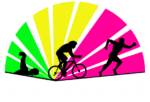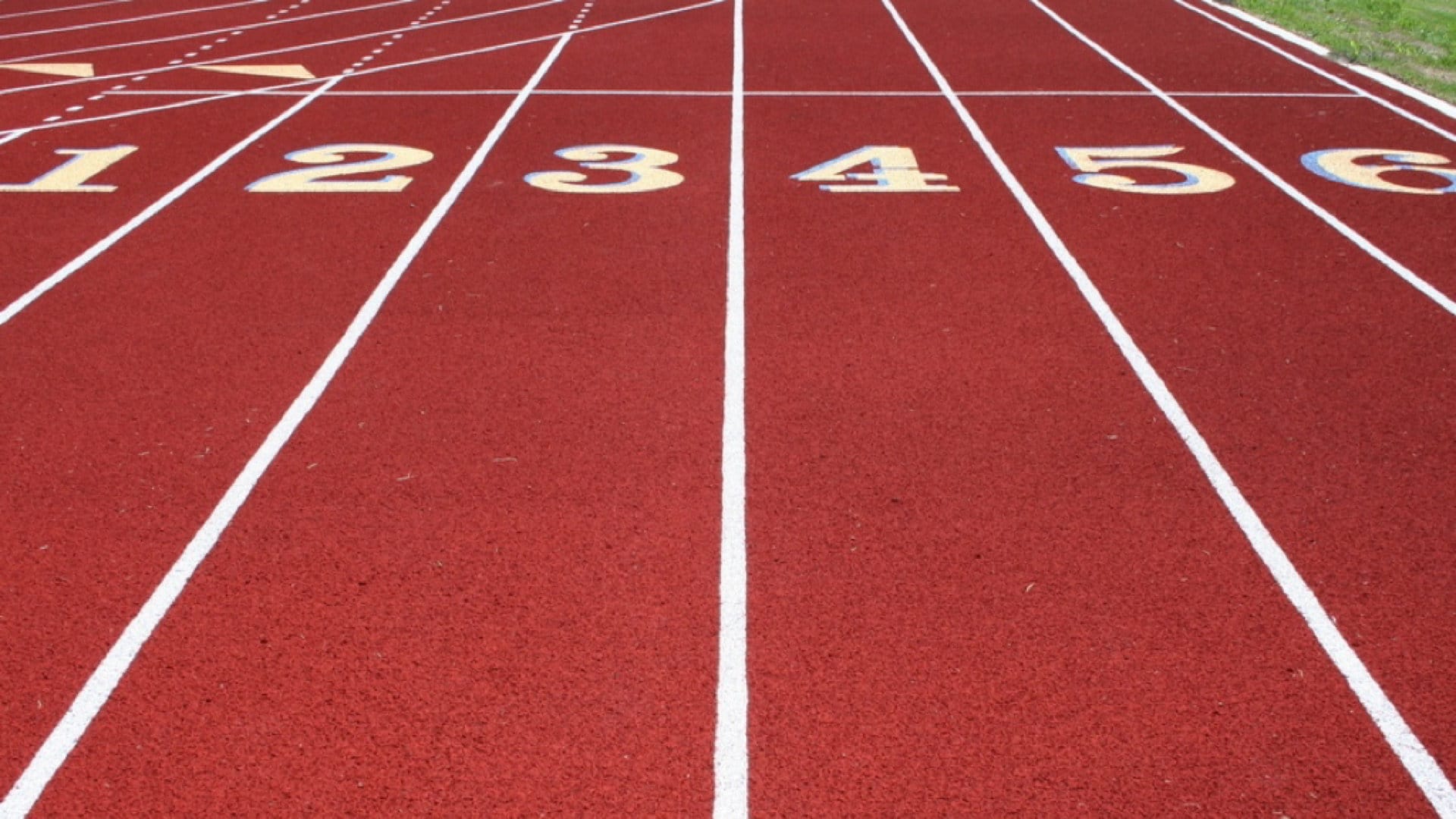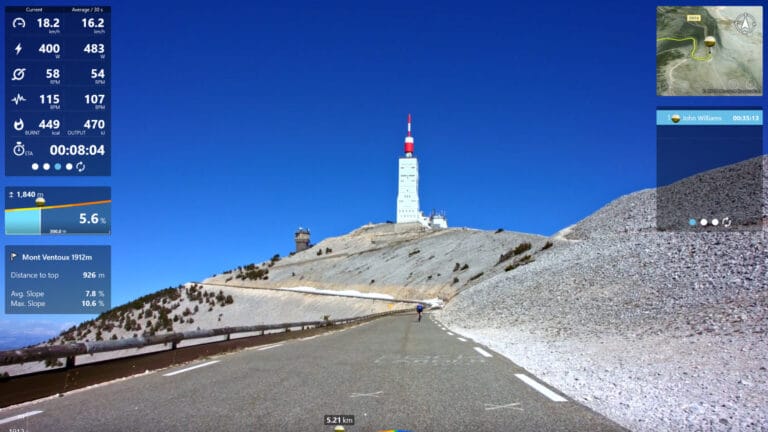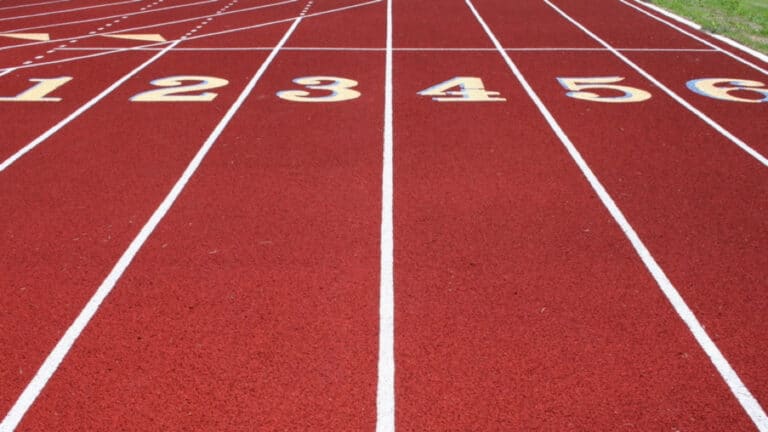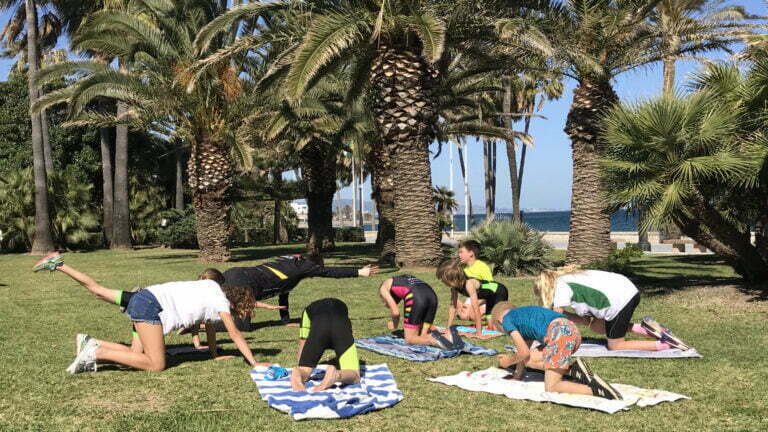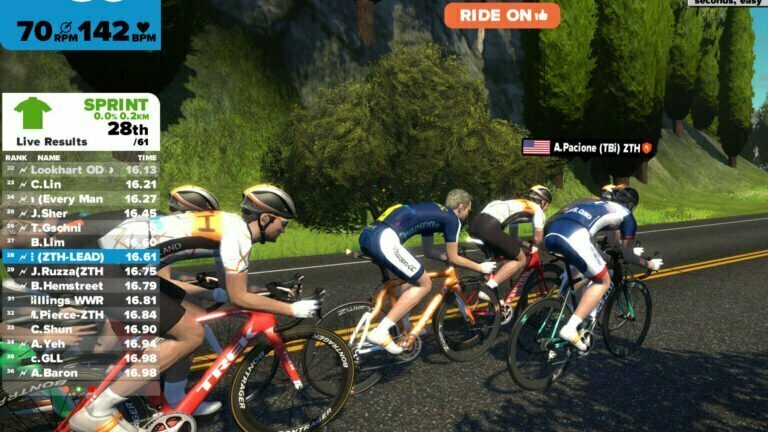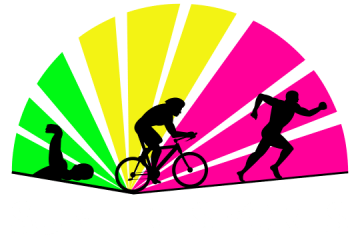Our Trainings philosophy
At Sun Tri Sports, we believe in a holistic approach to training. For continuous progress and great race results, more is needed than just hours on the bike, in the pool or out on the track. Great performance is only possible if you also:
- stay injury-free,
- have the right technique, especially in the swim and run,
- get all the nutrition you need,
- allow your body and mind enough recovery time and
- know some mental tips and tricks to stay strong when the going gets rough.
During our training camps we give you more than just a set of training sessions in the sun. Some examples of this are our lectures on training and nutrition, where you will learn all details on planning your training and eating the right food. We will film your swim technique and give you individual feedback. In our strength training sessions, we will give you great tools that will help you keep your injuries at bay.
Finally, fun is a key ingredient of our training camps and coaching service. With a variety of training, a sense of accomplishment (we will push you out of your comfort zones) and visible progress, you will come home from a training holiday or camp stronger, fitter and eager for the next race season.
For individual coaching, we use a tested, proven and widely used concept in training called periodisation. Periodisation of training means that your training season is broken down into different periods (surprise…) that all have a specific focus. The concept of periodisation follows from a few simple training principles, the most important ones being:
1. Overload and adaptation
The human body will always strive to maintain a balance or so-called homeostasis. If you stress (overload) your system beyond its current capacity, whether that’s your heart, blood vessels, muscles or hormonal system, processes will be initiated to adapt, build up and get stronger. In other words, to get stronger, you need to stress your system beyond its current capacity. This can be achieved by increasing training time or intensity, decreasing recovery time or all of the above.
→ Running the same lap every week at the same speed is not going to make you any faster.
2. Recovery
Your body cannot be stressed endlessly. At some point, it needs time and energy to not only repair instant damage after training but also recover fully and most of all, adapt. Recovery is often forgotten or ignored out of fear to lose form. Yes, technically speaking, your performance capacity diminishes during a rest week. However, the benefits of adaptation leading to overcompensation far outweigh this slight, often unmeasurable, decrease in form.
→ You must rest. It’s not during training that you get stronger; it’s during recovery you get stronger.
3. Specificity
Given both of the above, your body will only adapt to the training stimulus you are giving it. So if you swim a lot, you will become a better swimmer. If you run a lot, you will become a better runner. If you do endurance events like the marathon or Ironman, almost all training should be within the lower heart rate zones. The good news is that your aerobic system (the capacity to take up, transport, deliver and use oxygen to/by the muscles) is developed by any kind of endurance training. However, to reach an expert level and be fully prepared for your race, you will eventually need to solely focus on your race discipline(s).
→ Ever heard of anyone successfully preparing for a fast Ironman by playing soccer? Though the running part in soccer will give you something of a basis that might (or might not) help you through the distance, you will surely struggle with the swim.
So how do we incorporate these principles into a training schedule? Well, given the specificity principle, you need to focus on a skill that is important for your A-race. General skills are endurance, force en speed skills. Endurance or aerobic capacity is the capacity to turnover energy using oxygen. Force refers to the specific strength in your muscles and skills are the technique you need to perform your discipline in an energy-efficient way. These general skills combine into secondary skills, namely muscular endurance, anaerobic endurance and power. Muscular endurance is your body’s capacity to work just below the level where lactate starts to accumulate and is important in, for example, time trials. Anaerobic capacity is your capacity to tolerate high levels of lactate, such as in repeated sprinting. And force is your capacity to convert power into speed. Also very useful in a sprint – or uphill.
The primary skills endurance, force and speed skills are most important and in beginner triathletes, most time should be devoted to developing these skills. In more advanced athletes, one can start to work on developing the secondary skills (ref: The Triathlete´s Training Bible by Joe Friel).
At Sun Tri Sports, we, therefore, start our (online) coaching trajectory with questionnaires and a meeting or call to discuss your goals and your training background. We then know which skills are important and which of these skills need more development. From there we sketch a training programme. A programme that is increasingly overloading you is giving you just the right amount of rest and specific without being boring. After that, it’s up to you to do the training – but regular adjustments and contact with the coach will help stay motivated and on the right track – the road to success!
If you have any questions, please don’t hesitate to contact any of the coaches. They would be happy to talk to you!
– Peter Vriesman, Sun Tri Sports Team (with the contribution of Hanneke Boon)
